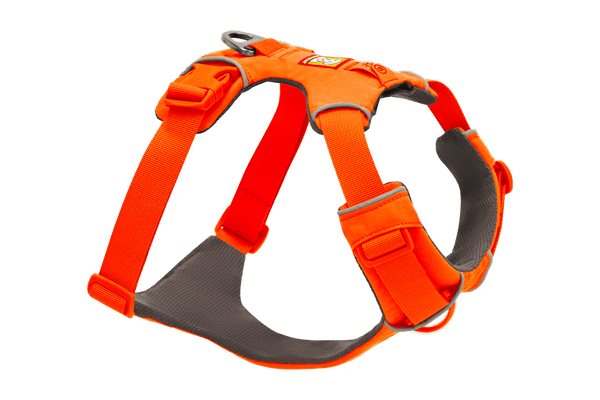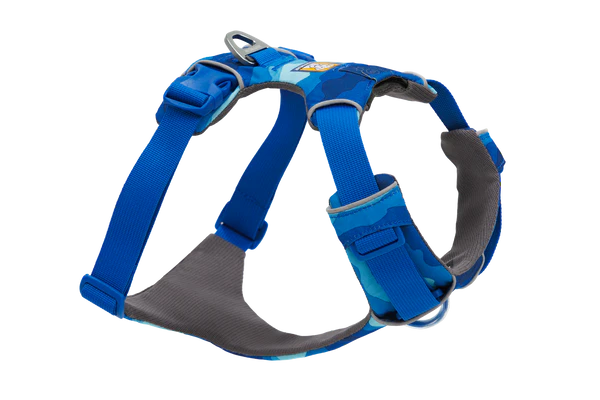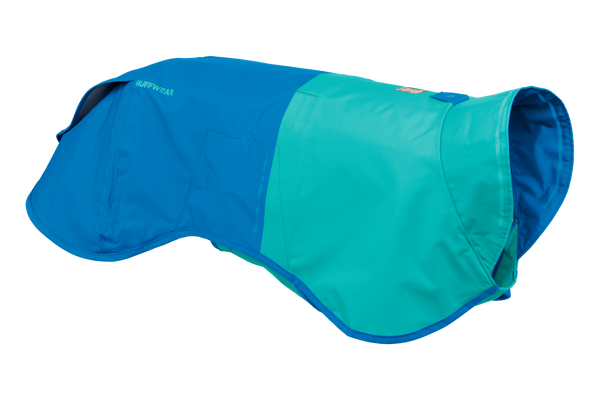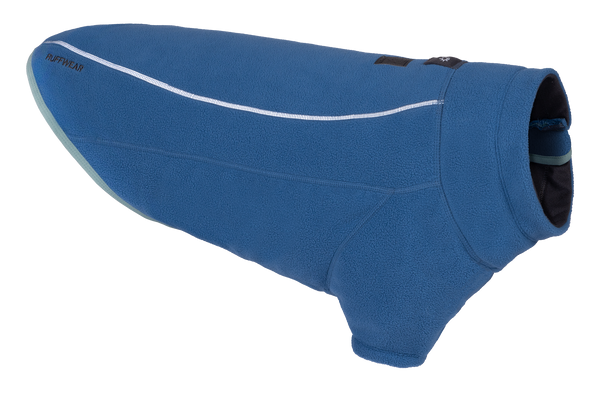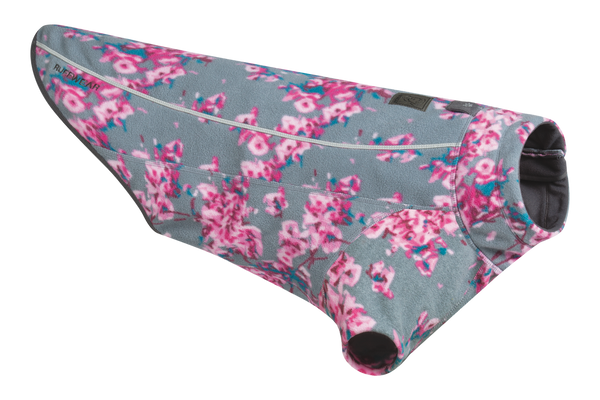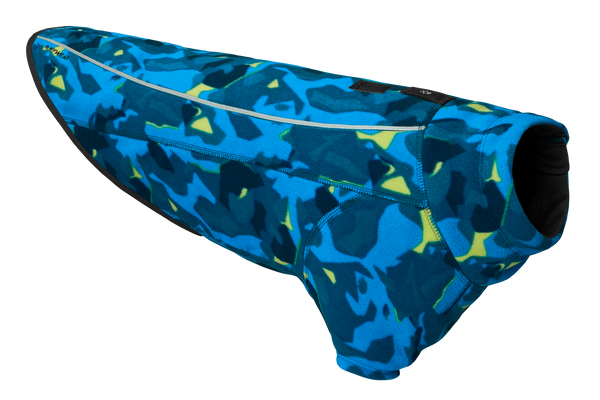5 Tips for Powder Hounds
Hi! I'm Riggins, an office dog at Ruffwear. I'm also a trail runner, crag dog, pine cone connoisseur, and powder hound. One of my favorite wintertime activities is backcountry skiing with my humans. There's nothing better than bounding through fresh powder as I chase my humans down a ski line in the mountains -- although finding sticks in the snow and strategically dropping them in the skin track is a close second. I've learned a few things over the years, and below, you'll find a five of my best tips for powder hounds (or aspiring powder hounds).

Know Before You Go
It's no surprise that winter in the mountains is different than summer! There are usually fewer people, and access may be limited (including emergency rescue access). There are also different hazards. Just like summertime backcountry ventures, having a plan and being prepared during winter is essential. Understanding the risks associated with wintertime backcountry travel, and knowing how to mitigate them, is also a must. This includes avalanche awareness, deep snow and tree well immersion, and extreme cold. There are many ways to play in the snow without exposing yourself or your favorite powder hound to most of these risks. If you do venture deeper into the wilderness during winter, be sure to educate yourself, prepare properly, and always stick to safe terrain.

Put the Comfort in Comfort Zone
The key to enjoying the outdoors during winter is keeping yourself as comfortable as possible. For humans, this could include an insulated jacket, spare gloves, or a thermos of hot tea. For us dogs, it's not too different. A cozy jacket will help keep us warm, especially when our humans are taking a break. Snowball buildup between our toes or sharp ice against our paws slows us down pretty quickly. Dog boots or Musher's Secret helps keep our paws free of snow. And a safety light will help us stay visibility during winter's shorter daylight hours.

Skis are Like Sticks with Sharp Edges
They're a similar shape, especially for those of us who particularly enjoy fallen tree limbs. But skis and snowboards have sharp edges that can quickly and easily damage dog paws and legs. The best way to manage them is to give them a wide berth. My humans used a few techniques to teach me to not run in front of ski edges. The most important one was recall. By rewarding me with a treat every time I resisted the urge to chase other skiers and riders, they kept me and others safe from a collision.
They also worked together to teach me the best way to run down hill: One human would ski down while the other human held onto my harness (this was challenging for both of us!). Then, the one holding me would let go and I would chase the first skier as fast as I could! The second human, the one who had been holding me, would ski behind me. This way, I was always running between two skiers and well away from ski edges.

Be Respectful
One of the best ways to make a good impression among other winter recreationists is through respect and good manners. As I mentioned, chasing other skiers and riders is a no-no (unless it's your own human and you're steering clear of ski edges). It's also a good idea to not walk on people's skis in the skin track. It's tempting to do, especially in deep powder, but humans don't appreciate it -- especially humans that are not your own.
Being respectful also includes choosing to play in areas that welcome dogs. Some areas, unfortunately, do not allow dogs during wintertime. Make sure your human has checked the local rules for your winter playground of choice, and remind them to carry pick-up bags. Leaving poop in the snow in hopes that it will get buried by the next storm doesn't work -- When the snow melts, the brown nuggets thaw as well and remain through the next season.

Know Your Limits
Although this is my final tip, it's perhaps the most important. You and your human know each other best, and you know your abilities and limits. If it's a deep powder day, pay attention to when your human starts to slow down or when they're really struggling to move through the snow. If they're shivering, make sure they've got a warm layer to put on. And if they're getting long in the tooth, consider keeping your snowy adventures a bit closer to the trailhead. That said, if your human seems to have boundless energy, then have at it! Just remember to be prepared, have fun, and be a good steward. And be sure to make a powder turn for me!

Well, those are my 5 Tips for Powder Hounds! If you have questions, comments, or additional tips to share, please leave a comment below. And if you’re a powder hound yourself, maybe I’ll see you out there!
